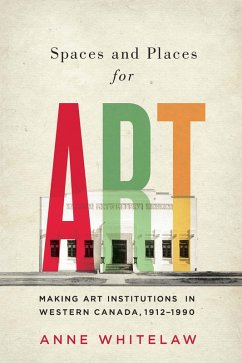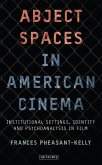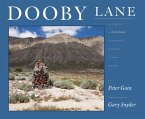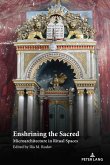When the Edmonton Museum of Arts opened in 1924 it was only the second art gallery in Canada west of Toronto. Spaces and Places for Art tells the story of the financial and ideological struggles that community groups and artist societies in booming frontier cities and towns faced in establishing spaces for the cultivation of artistic taste. Mapping the development of art institutions in western Canada from the founding of the Winnipeg Art Gallery in 1912 to the 1990s heyday of art museums in Manitoba, Saskatchewan, Alberta, and British Columbia, Anne Whitelaw provides a glimpse into the production, circulation, and consumption of art in Canada throughout the twentieth century. Initially dependent on paintings loaned from the National Gallery of Canada, art galleries across the western part of the country gradually built their own collections and exhibitions and formed organizations that made them less reliant on institutions and government agencies in Ottawa. Tracing the impact of major national arts initiatives such as the Massey Commission, the funding programs of the Canada Council, and the policies of the National Museums Corporation, Whitelaw sheds light on the complex relationships between western Canada and Ottawa surrounding art. Building on extensive archival research and in-depth analysis of government involvement, Spaces and Places for Art is an invaluable explanation of the roles of cultural institutions and cultural policy in the emergence of artistic practice in Canada.
Dieser Download kann aus rechtlichen Gründen nur mit Rechnungsadresse in A, B, BG, CY, CZ, D, DK, EW, E, FIN, F, GR, HR, H, IRL, I, LT, L, LR, M, NL, PL, P, R, S, SLO, SK ausgeliefert werden.









